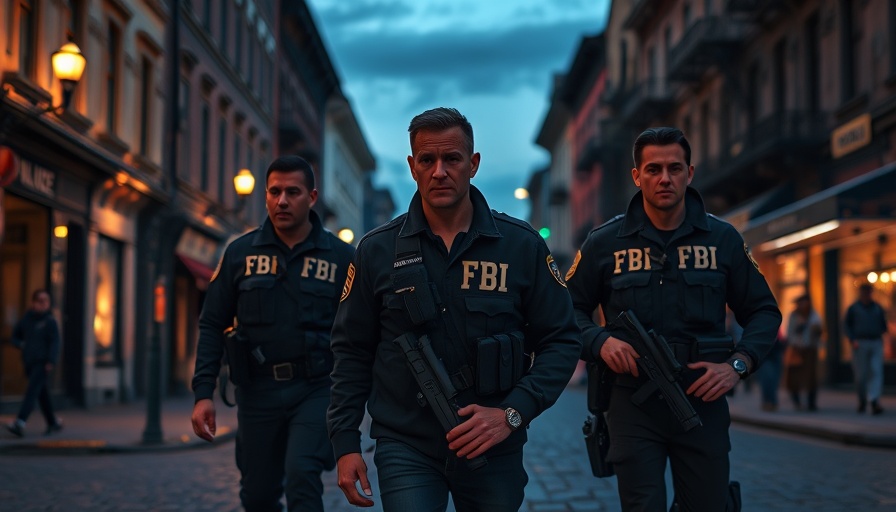
Unprecedented Federal Presence in Washington, D.C.
In an unexpected move, National Guard troops and federal law enforcement have flooded the streets of Washington, D.C. This deployment follows the announcement from former President Donald Trump’s administration, which described the need for heightened security due to a purported "crime crisis"—a claim that local officials argue is unfounded. On August 12, 2025, hundreds of National Guard members rolled into the National Mall amid a backdrop of palpable tension and scrutiny surrounding the state of law enforcement in the nation’s capital.
DC Officials Decry Federal Intrusion
Mayor Muriel Bowser, who has historically maintained a diplomatic facade when addressing Trump’s policies, found her patience tested as federal presence escalated. With approximately 800 National Guard troops mobilized, Bowser shifted gears and took to social media, calling on residents to protect the city’s autonomy and hinting at an authoritarian overreach from the federal side. Her clarion call signals her concern about the implications of military-style policing, particularly in neighborhoods that have often borne the brunt of such operations.
The Reality of Crime Rates in the Capital
As the National Guard stands watch, many residents question the necessity of such a strong response. Crime statistics do not indicate an alarming surge deserving of martial oversight, which raises pressing questions about the motivations behind the deployment. Local advocates argue that rather than enhancing community safety, these actions may sow fear and exacerbate tensions. There is a growing belief that these federal interventions could lead to more harm than good, particularly in vulnerable neighborhoods.
Insights from a Broader Perspective
This situation in D.C. is not an isolated phenomenon but part of a broader narrative around federal authority and local governance across the United States. The push to increase federal presence in local affairs has sparked debates about civil liberties and public safety. Critics argue that such measures can contribute to an atmosphere of distrust between residents and law enforcement, which may ironically hinder community safety efforts.
Community Response and Public Sentiment
The streets of D.C., particularly in areas like Columbia Heights, are witnessing a mix of fear and defiance among residents. The community's reaction to this increased militarization is multifaceted—while some feel safer with federal agents visible, others view it as an invasion of their rights. This reflects broader national sentiments regarding intelligence and law enforcement's role, which has shifted over the years, particularly in tandem with movements advocating for police reform and accountability.
Looking Ahead: The Political Landscape
As the political climate remains charged, Bowser’s statements serve as a rallying cry not just for residents of D.C., but potentially for citizens nationwide. With the 2024 election looming, this incident could become a litmus test of public sentiment on security, governance, and civil rights. The upcoming elections will provide an opportunity for voters to express their views on how future administrations should balance the responsibilities of law enforcement versus individual freedoms.
Potential Solutions for Governance and Community Trust
The deployment of troops may serve as a wake-up call for a reassessment of community engagement strategies in urban policing. Building trust and enhancing communication between law enforcement and communities must be prioritized to prevent future escalations like this one. Local leaders and residents alike should be encouraged to work collaboratively to identify solutions that foster safety without sacrificing civil liberties.
The ongoing developments in Washington not only affect local residents but reflect a larger pattern of governance that demands attention from federal, state, and local levels. How this situation evolves could provide critical lessons in navigating the relationship between government authority and community rights.
 Add Element
Add Element  Add Row
Add Row 



Write A Comment